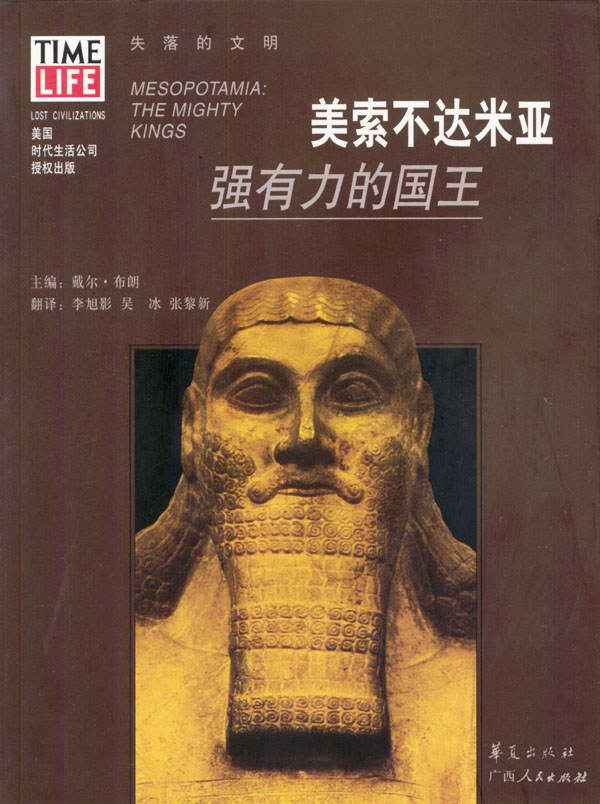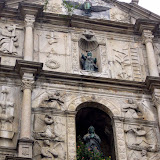Last Day of My Summer Break
Friday, August 31, 2007 by Eva.Usermaatre
Before every vacation I always had a perfect plan, what I was going to do? Trip? Reading? However reality was different, I tended to be lazy at home, getting up late, playing more computer, watching more TV...I hated myself, but I could do nothing about myself. That is why people always say that the biggst enemy is yourself.
The coming semester will be my second year of university life, and I will be a seconf year student. Thinking back two years ago, on this day, I was ready for Hong Kong first time, I was scared, like my trip to Germany this summer. But now I seem OK with my returning to Hong Kong. Next year of this day I will be in Germany again, for one year, I am sure I will be missing home very much.
Time goes really fast...
Things do not change, but we change, it really does!




















